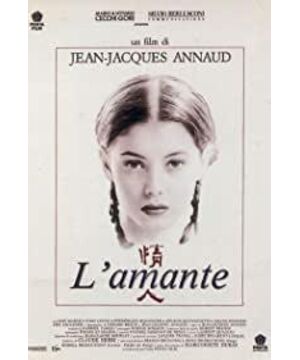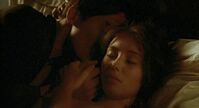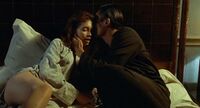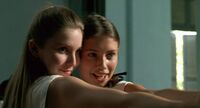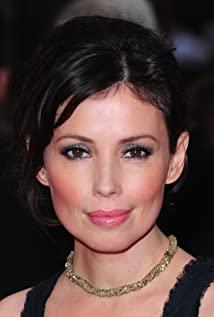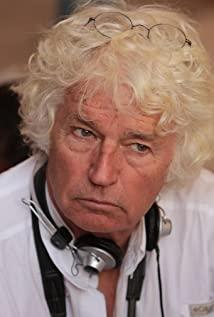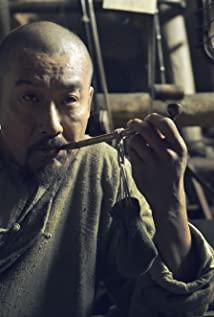Then I suddenly thought of a scene. It turned out to be this scene, which made the whole film and the novel's mood different: Tony invited Jane's family to dinner. This is a very irritating scene, Tony is the gold master, and the family he invited despise him without any cover. The so-called cannibalistic mouth is soft, and this group of low-ranking French still rightly dislikes the yellow-skinned Chinese because of their skin color. Later on the dance floor, Jane's eldest brother (whether drunk or not) began to provoke Tony.
In the novel, the image of the Chinese portrayed by Duras is cowardly, from physical to psychological: his father’s generation was wealthy by selling land to the Japanese (traitor), he could not and could not resist feudal marriage, and his body also emaciated. On the dance floor, Jane’s eldest brother said, if you want to fight, maybe I can hit you two. Tony's response is that you can hit me four by one, please see how weak I am. Jane, who wanted to resist her eldest brother, was extremely disappointed and disgusted after hearing this conversation, so she started a close dance with her younger brother, which seemed to be self-inflicted, which was a kind of revenge. And Tony just sat aside and started crying cowardly. Such a man would beat others after he came back. It was nasty and insignificant.
When I read this paragraph, I also hated this cowardly man with empathy, as if he really had nothing but money. This kind of hatred implicated all subsequent injuries with a retaliatory nature: I don't love you, I just do it for money. So in the end, on the ship across the Indian Ocean, when the hatred retreated, she saw the love concealed by hatred.
In the film, Leung Ka Fai's role is really difficult to associate with cowardice, but more of a prudent, restrained, tolerant and principled (he is simply a benign, rich and handsome). In response to Jane’s eldest brother, the same line (you can touch me four, please see how weak I am.) is more like a threat of restraint and demeanor, with self-esteem, unabated momentum, Jane’s brother stopped it; I couldn’t understand Jane’s behavior at all. Those "women are disappointed and hated because of deep love" factors can’t be put here. The only explanation is her deep discrimination and shame. Sense, but it has nothing to do with love. I can also deeply understand his tears and the back slap, that is the self-esteem of a man who has been hurt.
This scene changed a lot of things, because you can hardly use "cowardice" as an excuse anymore. In the film, I even want to believe that if Tony tries so many times (there are so many dialogues and details in the film), as long as Jane is willing to admit her love, Tony will rebel against his marriage; Only after too much disappointment, Tony said that he died for his lover. He accepted marriage, accepted life, with broken self-esteem and despair of love. After marriage, he didn't go to that room again, and even to see him off at the end, he was just a shadow in the black car. As far as he is concerned, this woman has never loved him, so there is no hope and desire; the heart is dead, and there is no need to die again.
Even so, he paid off the debt for his lover's family and bought the ferry tickets. The novel is more about a business relationship, and in the film, he did these things silently, because it was said through Jane's mother afterwards. Once again, this is a man of tolerance.
Liang Jiahui played the role of Tony with sincerity, restraint and self-esteem. Compared with the "cowardly Chinese" in the novel, it was a far cry from that time. I'm not sure if Liang Jiahui acted this way on purpose, or because in the eyes of the director, these precious tolerance and restraint for the Chinese are equivalent to cowardice in Western concepts?
View more about The Lover reviews


